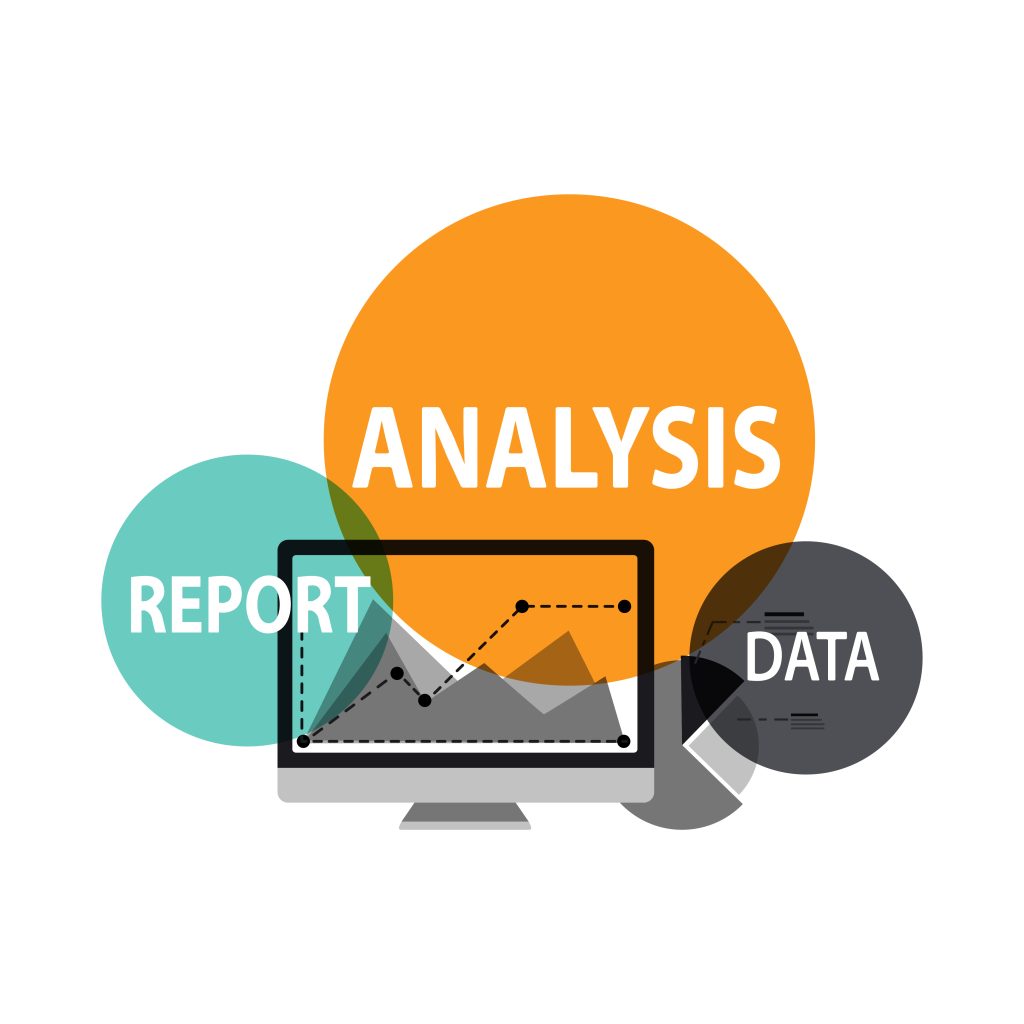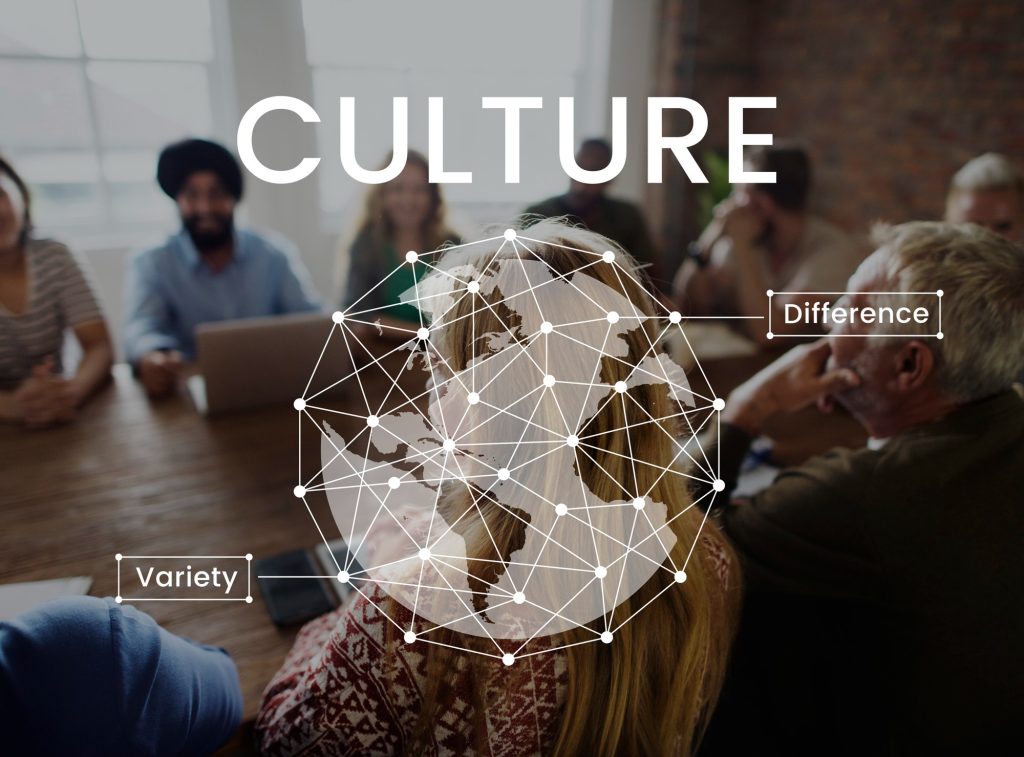Blog
Task 1 Understand the work objectives and the skills and knowledge required to meet those objectives. To do well in any job, it’s crucial to know what you need to achieve and the skills and knowledge required. Start by understanding the tasks you’re supposed to do and figuring out the skills and knowledge needed to […]
Question: How can organisations strategically position themselves in competitive labour markets? (AC 1.1) Title: How organisations position themselves in the competition.Description: There is a need to analyse competitors in order to give people professionals advice in business competition. Learners should begin by analysing the strengths and weaknesses of the competitor’s, employee experience and focus on values, culture and branding. They should […]
Are you currently facing the challenges of tackling your CIPD Assignment at level 3? Is your busy work schedule making it difficult for you to devote the necessary time and attention to your studies? We fully recognise the significance of obtaining a CIPD certificate for advancing your career prospects. That’s precisely why CIPD Level 3 […]
Task One – Briefing paper (AC 1.1) The different stages of the employee lifecycle and the role of the people professionals in the lifecycle. The employee lifecycle highlights employees’ key stages as they engage with their employers (SpriggHR, 2022). Stages of the employee lifecycle begin with attraction, recruitment, onboarding, development, retention and lastly, separation. People […]
Task Two: Professional Development Record. Formal development activity In the past year, I have involved myself in various development procedures aimed at enhancing my professional development. The first formal development activity entailed taking two courses which included QQI Effective People Management Course and Foundation Certificate in People Practice. The Effective People Management Course enhanced my […]
Task One: Ethical Practice Paper AC 1.1 Explain what is meant by ‘ethical principles’ and ‘professional values’ and how these might inform the way people approach their work. Ethical principles are the core behaviours acceptable in an organisational that promote the development of employee well-being and include values such as honesty, integrity, openness, fairness and […]
Section Two AC 1.4 Presentation of Age as a percentage of the total for departments C and D Age Age Age Age Age Age Age Total in each department 16 -25 26 – 35 36 – 45 46 – 55 56 – 65 66 – 75 76 – 80 Department C 172 32 […]
Section One AC 1.1 Explanation of evidence-based practice and how it is applied in organizations. Evidence-based practice in human resource management leverages scientific evidence, internal organisational data, expert judgements, values and a real experience to improve decision-making and business outcomes (Boatman, 2021). The business world is continuously changing, and only companies that can utilise available […]
AC 2.1 Meaning of organizational culture and why it is crucial to foster appropriate and effective workplace culture. Organizational culture refers to a set of underlying beliefs, assumptions, values, and expectations that shape the actions and behaviors of individuals in the organization (Juneja, 2022). Notably, a good organizational culture exemplifies positive traits and enhances organizational […]









